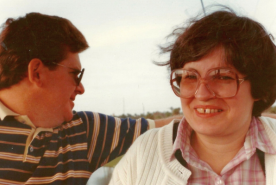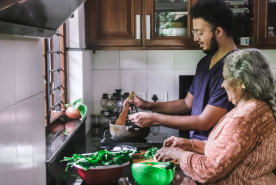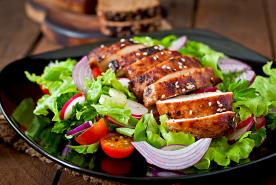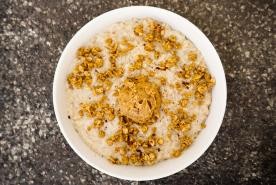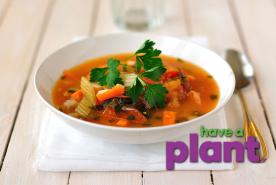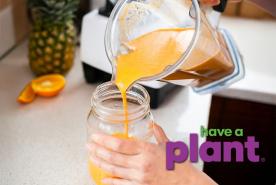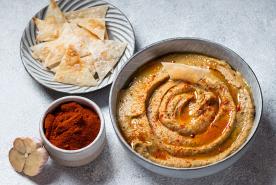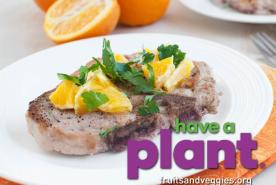December 05, 2023
Continuing education series for professionals.
Navigating the holiday season as a kidney disease, dialysis, or transplant patient is difficult but possible. Here’s how you can help your patients enjoy the holiday and stay safe.
Kidney disease and dialysis recommendations
Following dietary recommendations is hard at any time of the year. It can be even harder when surrounded by friends and family who don’t have restrictions. Emphasizing the foods patients can eat more of versus what they should consider avoiding can make it easier.
“I try to start the conversation with what patients can eat during the holidays. That list includes a variety of vegetables like carrots, cauliflower, collard greens, green beans, and salad greens. The center of the meal, meat or poultry, is high in protein. High protein foods can be beneficial for dialysis patients,” Joyce, a renal dietitian, said. “They can have appetizers and sides like celery with cream cheese sides, homemade stuffing, and cranberry sauce. Desserts like apple and cherry pie can also stay on the menu.”
Then, you can focus on the foods to limit or consider avoiding.
“In regards to meat, I encourage patients to read the label to ensure they are truly kidney-friendly,” Joyce said. “I provide a list of “red flag terms” to help them avoid high phosphorus and sodium. I also encourage patients to make dishes from scratch to help control sodium.”
Red flag terms include:
- Words with PHOS
- Enhanced
- Injected
- Marinated
- Brined
- Based
Not following a dialysis diet can have unintended consequences. Since your patient will likely splurge during the holidays, it’s up to you to teach them how to do it safely.
“Dietary indiscretions can cause high blood potassium (hyperkalemia) and fluid overload. Both conditions can land a patient in the emergency room or hospital. Hyperkalemia can cause cardiac arrest, so we need to help our patients enjoy their time with their family and not end up seriously ill or in the hospital.” said Joyce. “One strategy is to adjust breakfast to accommodate for indulgences later in the day. I recommend a high protein breakfast that is low in sodium, phosphorus, and potassium–For example, two eggs with toast and an espresso.”
It’s also a good practice to start the holiday discussion with dialysis patients early–especially with new ones.
“New patients don’t always understand how long it can take to arrange dialysis in a new location during the holidays,” said transplant social worker Dory Minch. “It can take thirty to sixty days between putting the request in and drawing the needed labs. Starting the conversation early is the best way to prepare your patients for this process.”
Learn more about fluid overload and hyperkalemia.
Transplant recommendations
While transplant patients do not have as many restrictions as dialysis patients, there are still considerations to take during the holidays.
“Food safety is especially important for post-transplant patients on immunosuppressive medications,” said registered dietician Jessa Ingleton. “Foodsafety.gov has great resources about food safety using the “clean, separate, cook, and chill” guidelines. I print those out and give them to my patients to begin the discussion.”
These guidelines include:
- Clean: Make sure surfaces and hands are clean. Properly wash produce. Do not wash meat. This common mistake contributes to the greater spread of bacteria.
- Separate: Use different cutting boards for produce and raw meat to avoid cross-contamination. Keep meat and produce separate during shopping and storing as well.
- Cook: Cook foods thoroughly. Reheat leftovers to 165 degrees after taking them out of the refrigerator.
- Chill: Put perishable food into the refrigerator within two hours of being cooked or removed. Thaw meat in the fridge and not on the counter.
“I encourage patients to jump to the front of the line when eating at family gatherings. This helps prevent going into contact with germs on spoons and utensils,” Ingleton said. “I also tell patients to watch how much salt they have. We want to avoid fluid retention. Seasonings over salt can help. These include garlic powder, black pepper, or a salt substitute.”
Take the Holidays and CKD CE test.
Patient Resources
These resources may help your patients safely enjoy the holiday season;
- 5 Holiday Recipes for a Kidney Disease Diet
- Foods to Avoid After Transplantation
- Healthy Holiday Eating
- Kidney Friendly Recipes
- Kidney Disease Superfoods
Earn CE on the go
Listen and earn CE as our panelists delve into the subjects that matter most to you while offering in-depth clinical updates and real-world examples of these changes. Subscribe to The Kidney Commute Podcast.


